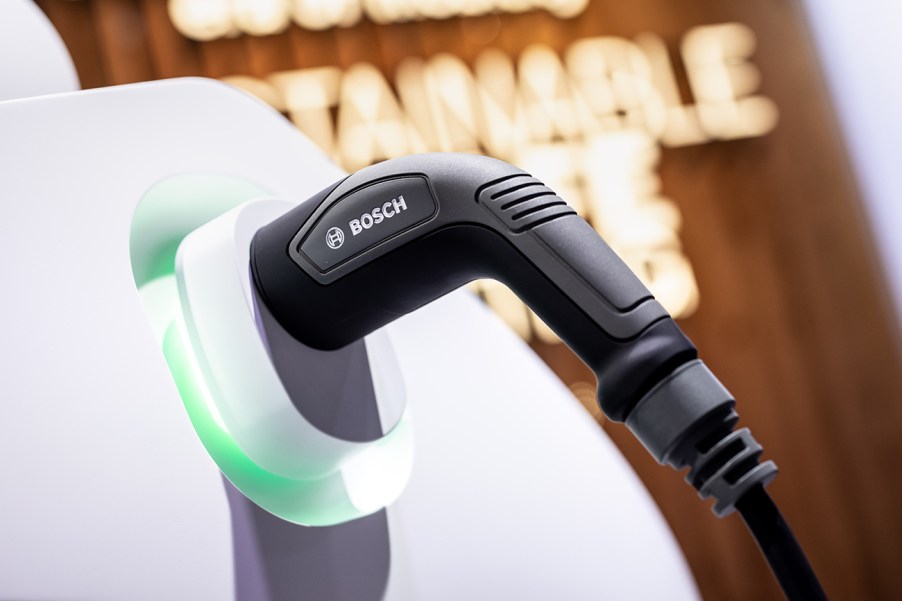
Are Electric Cars Ready To Be Charged In Under 5 Minutes?
Slow charging rates are one of the biggest reasons people aren’t buying electric cars. It takes too long when compared to traditional gasoline cars. But new electric car charging cables designed by engineers at Perdue University integrate advanced cooling technologies to fully charge an EV in five minutes or less. The question is, are electric cars even ready to charge that fast?
How these electric car charging cables can charge a car in just five minutes
The number one complaint of electric cars is that they take too long to charge. Even fast chargers take half an hour to get most electric vehicles up to 80% capacity. But with the new charging cables designed by Perdue engineers, that criticism may no longer be valid.
When electricity flows through a current in a cable, that cable gets dangerously hot. But by cooling the cable with vapors rather than liquid cooling systems, the current can be much stronger. The vapors are created by transferring the heat of that electric current in the EV charging cable to a liquid, which captures heat when boiled.
Mainstream electric car charging stations use the former method, cooling the current with a liquid. But with this new liquid to vapor cooling system, Perdue’s chargers are far more capable than even the fastest Tesla Superchargers.
How do these EV chargers compare to others?

When tested, Perdue’s prototype managed to consistently flow 2,400 amperes (or amps) through the electric car charging cable. Meanwhile, the fastest and most advanced charging stations across the country are capable of outputting 520 amps. And for most, the only power source available is less than 150 amps. In fact, a 240 volt Level 2 charging station will only output about 30 amps.
But while the prototype utilized the same structure as a traditional charging station, with a pump and cable layout, the prototype may not be ready for the real world quite yet.
Are electric cars ready to charge in five minutes or less?

In order for five-minute charge times to be achieved, three aspects of the electric car charging process have to be synchronized. First, the charging station has to be able to provide that much power at once. Secondly, the cable has to be able to accept that much power without overheating (Perdue solved that issue). But most importantly, the electric car battery has to be able to accept that much power.
Just like the cable, EV batteries can overheat if too much current is flowing through them. In order for these sub-five minute charge times to be achieved, the batteries have to be engineered from the factory to accept that much power. Luckily, there’s a chance that may happen.
The main sponsor for this electric car research was Ford, saying “We are glad to support Purdue’s research, which has the potential to make electric vehicle and commercial fleet ownership more appealing and accessible.” If the two continue to collaborate, and Ford develops batteries that can accept power from PErfue’s system, rapid electric car charging stations may become a reality.
For now, however, it’s best to plan ahead. Charge your EV overnight. And if you have to stop on a longer trip, go grab lunch or dinner. Electric car technology will continue to evolve to the point where these charging times may be possible, but we’re not there yet.


